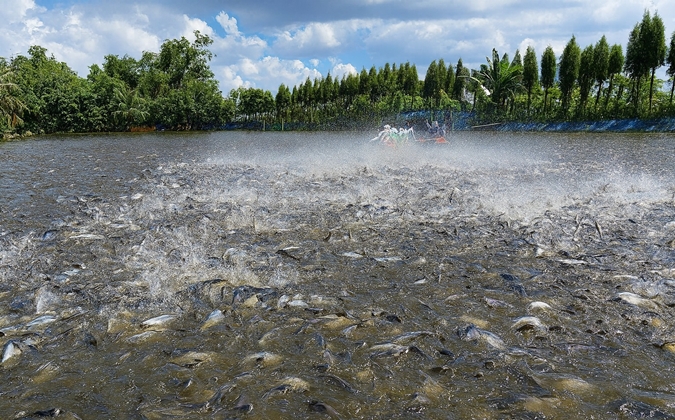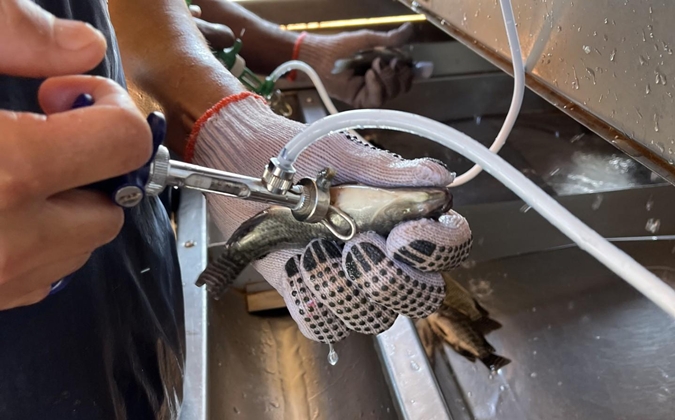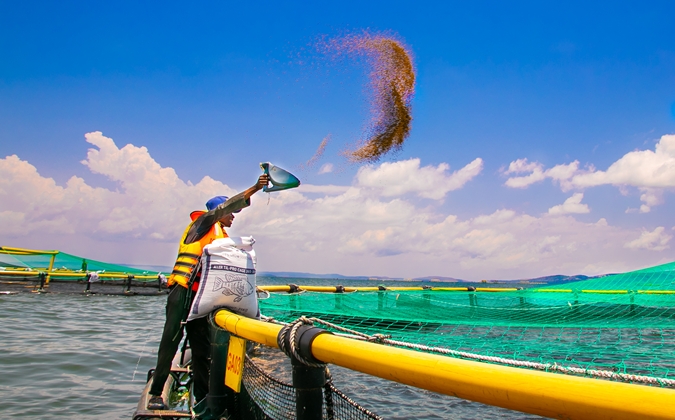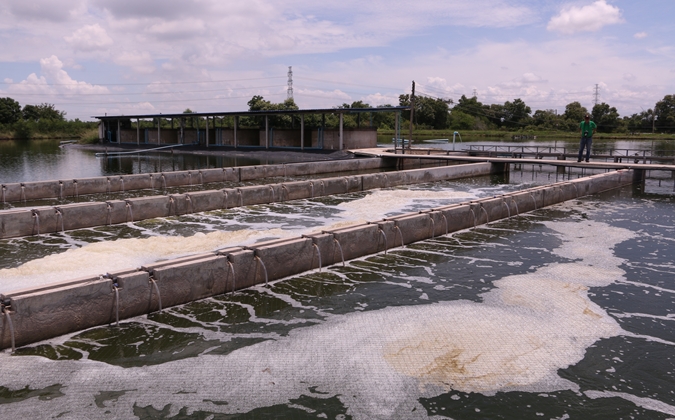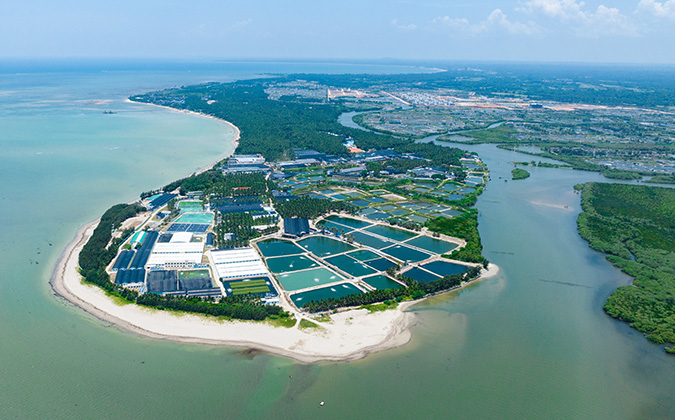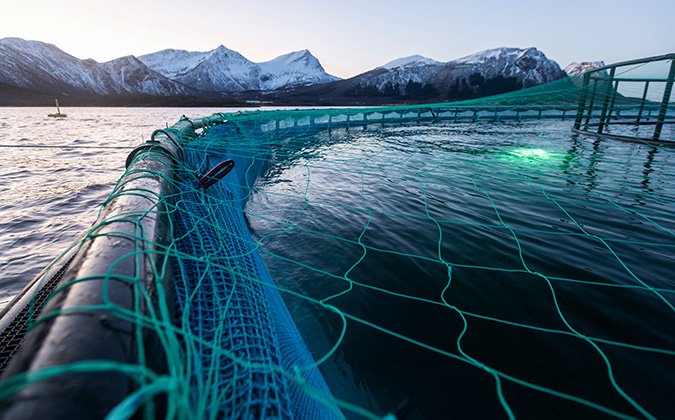
Fish Farm Forum is pleased to host this editorial page on behalf of Pharmaq.
Pharmaq
Vaccine study offers new insight on Norway’s winter ulcer problem
In recent years, the Norwegian aquaculture industry has struggled against the rise of “variant” forms of Moritella viscosa, a bacterium which causes the disease winter ulcer in Atlantic salmon. This has led to concerns about the efficacy of existing vaccines against the pathogen.1
Now, research testing a vaccine using variant M. viscosa2 has showed that it performs better than vaccines using “classical” isolates in reducing mortality and clinical signs of disease when salmon are exposed to the variant form.
In a tank study using 130 salmon, the fish received an inactivated vaccine via intraperitoneal injection using either variant or classical isolates, or else saline for the control group. They were later exposed to a high concentration of the variant bacteria in a bath challenge, with the isolates used for the challenge submitted to PHARMAQ’s labs from a winter ulcer outbreak at a fish production site in northern Norway.
At 28 days after challenge with variant M. viscosa, cumulative mortality was 11% in groups vaccinated using the variant isolate, compared to 31% in the groups which received a vaccine based on the classical isolate. This demonstrated the increased efficacy of the approach; however, the high challenge pressure in the tank study means that field performance would likely be different, explained Christian Karlsen, PhD, who led the work for the Norwegian Institute of Food, Fisheries and Aquaculture Research.
Early infection in the spotlight
The study also aimed to explore molecular responses in the fish during the early stages of infection by examining skin tissue 4 days after challenge with the bacteria.
This approach differed from most previous challenge studies on M. viscosa, which analyzed fish long after challenge where there was already high mortality. Earlier sampling made molecular analysis easier, Karlsen said.
Microarray analysis of RNA extracted from the fish shed new light on how ulcers develop with the onset of disease.
“The traditional way of looking at it was that the bacteria attached to the skin’s mucous layer from the outside, then colonized it, and then degraded the cell layer on the outside of scales so that it developed an ulcer. From this study, we think that that’s not the way it initiates the infection,” he said.
“Instead, it somehow gets into the fish; it might be through the gills, or it might be some other parts of the fish. But it is then able to attach and start colonization of the scale surface and from there destroy the epidermal and dermal layer creating an open wound. This is a new insight, and if it’s correct, it means a lot in our understanding of why fish are suffering from this ulceration.”
The “unexpected” finding also has implications for the effectiveness of vaccination, he suggested.
When fish are infected in the skin, this initiates more blood and systemic responses being pushed into the skin, he explained, while vaccination potentially increases the efficiency of immune response by triggering innate, general parts of the immune system. These include what is known as the complement system, which targets cell membranes, killing bacteria, as well as the coagulation pathway in the blood.
Handling remains important factor
The work underlines important husbandry considerations.
“It’s often repeated, but handling is causing more severe effects to the skin than what you can visibly see with your eyes. If you handle the fish in a way that initiates any type of damage or stress in the skin, you will also reduce both the immune readiness and then the immune capability to respond to infection,” he noted.
While the development of new vaccines to combat variant forms of M. viscosa offers hope to producers, vaccination alone is unlikely to provide a “fix” to issues with winter ulcer.
“We have known about these bacteria for almost 30 years. The ulcer problem, at least in Norway, has not declined; it’s increasing,” Karlsen added.
“Vaccination is part of the solution, but reducing handling and stress will be crucial to decrease the problems we are facing in the industry related to winter ulcers.”
1 Sommerset I, Jensen B, Bornø G, Haukaas A, Brun E. Fiskehelserapporten 2021.
2 Karlsen C, Ytteborg E, Furevik A, Sveen L, Tunheim S, Afanasyev S, Tingbø MG, Krasnov A. Moritella viscosa early infection and transcriptional responses of intraperitoneal vaccinated and unvaccinated atlantic salmon. Aquaculture 2023:739531.
Posted on: May 09, 2023



